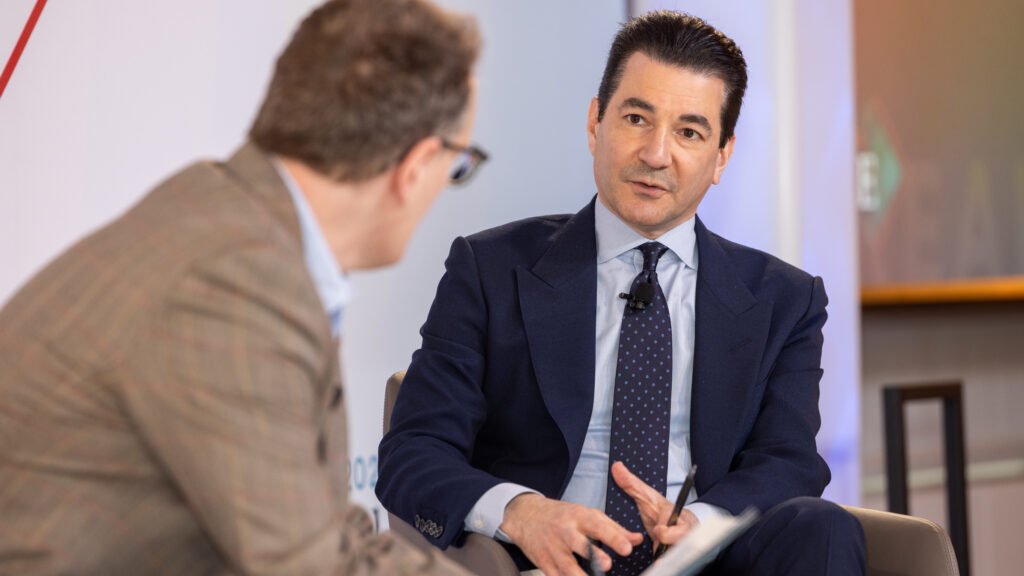Former FDA commissioner Scott Gottlieb recently expressed criticism towards the current administration’s handling of a deadly measles outbreak and their plan to improve the infant formula supply. During STAT’s Breakthrough Summit East, Gottlieb, who led the FDA during Trump’s first term, highlighted various challenges faced by health secretary Robert F. Kennedy Jr.
One of the main issues Gottlieb addressed was Kennedy’s response to the measles outbreak, which he believed lacked a strong emphasis on vaccination and instead focused on parental choice and the use of vitamin A as a treatment. While studies have shown that vitamin A can improve survival rates in measles patients, experts have questioned its effectiveness in children who are not malnourished. According to Gottlieb, promoting vitamin A as a treatment for measles could mislead consumers into thinking there is a cure for the disease, when in reality, there isn’t.
Former CDC director Tom Frieden also criticized Kennedy’s approach to the measles outbreak, warning that his wavering stance on vaccines combined with the administration’s budget cuts to health programs could escalate the outbreak into a public health crisis.
Additionally, Gottlieb questioned the effectiveness of the administration’s newly unveiled plan, named “Operation Stork Speed,” aimed at enhancing the American infant formula supply. The plan includes initiatives such as improving formula labels, testing for heavy metals, allowing more foreign formula imports, and conducting health outcomes research. However, Gottlieb expressed doubts about whether emulating European regulatory standards for infant formula would truly benefit the U.S. market.
Furthermore, Gottlieb raised concerns about Kennedy’s ability to strengthen the infant formula market, given the FDA food center’s limited resources and potential staff cuts due to administration budget reductions. He compared the sluggishness of the administration’s plan to the slow flight speed of a stork, calling it “Project Stork Speed” in contrast to the faster-paced “Operation Warp Speed” for Covid-19 vaccine development.
In the realm of drug manufacturing, Gottlieb, who sits on the board of Pfizer, advocated for less drastic measures to incentivize companies to bring their manufacturing back to the U.S. He emphasized the need for a more thoughtful and deliberate policy that would create incentives for companies to relocate their manufacturing operations.
Lastly, Gottlieb referenced a recent article he published in STAT questioning Kennedy’s suggestion to allow bird flu to spread freely through flocks. He stressed the importance of preventing flocks from getting infected in the first place to avoid the surge in egg prices that Americans have experienced.
In conclusion, Gottlieb’s critique of the administration’s response to the measles outbreak and their plan to improve the infant formula supply highlights the need for a more strategic and proactive approach to public health challenges. As the Senate prepares for a confirmation vote on Marty Makary, President Trump’s nominee for FDA commissioner, the future of these health initiatives remains uncertain.


